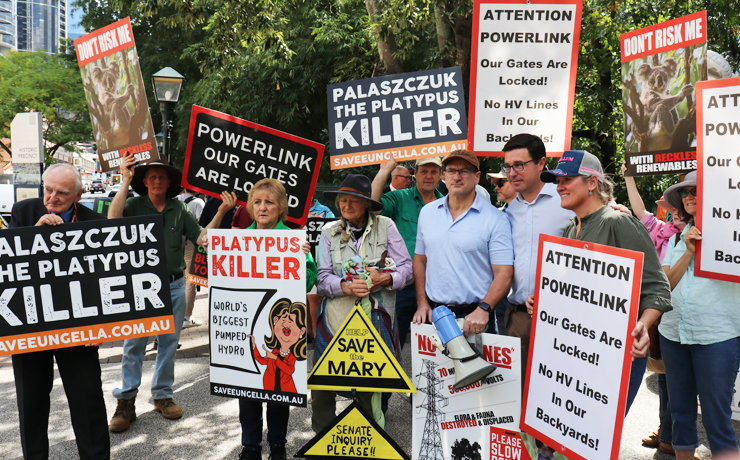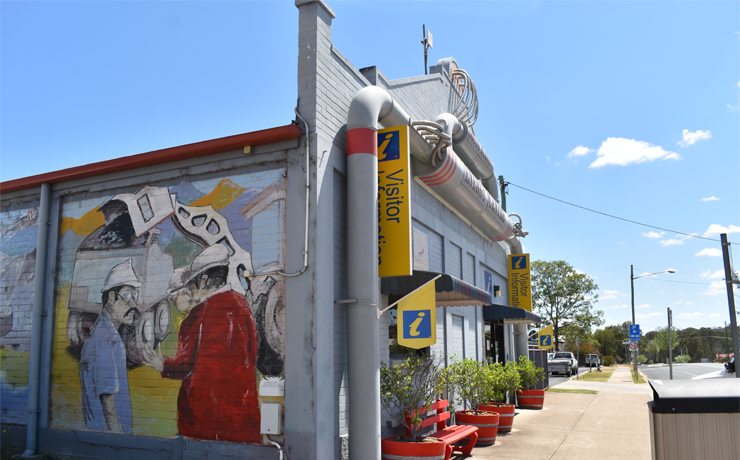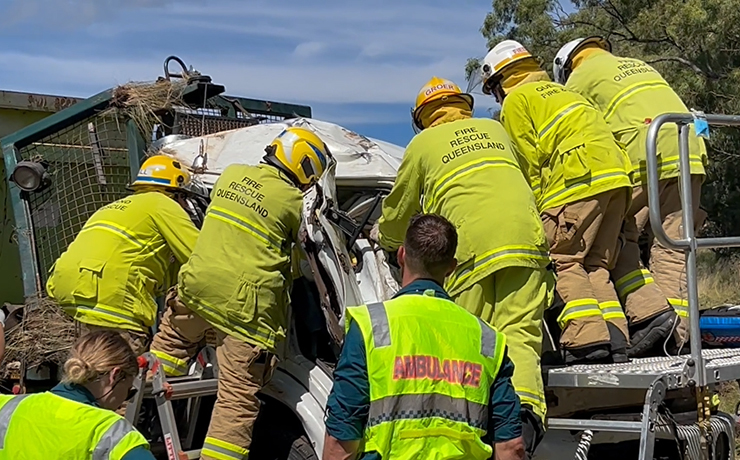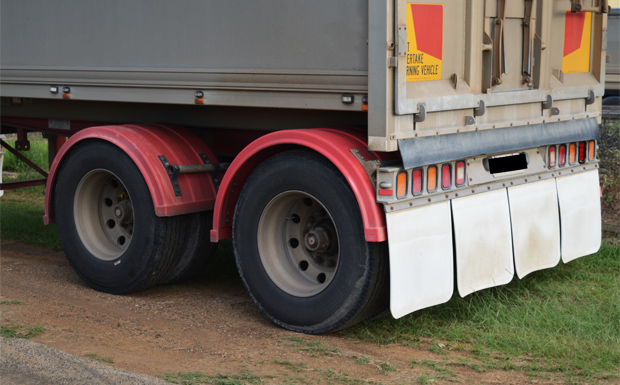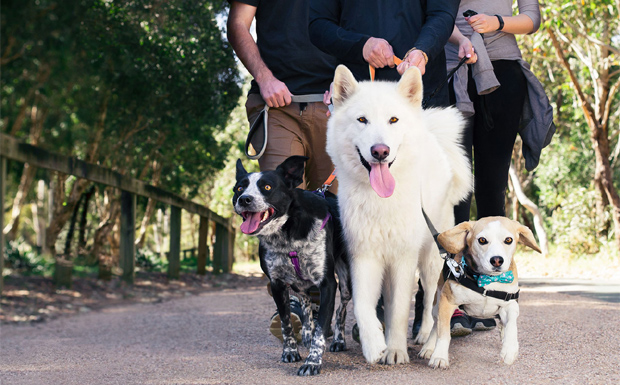
January 24, 2019
South Burnett dog owners who have not registered their animals have just three weeks before Council officers start their annual dog inspection program.
Cr Danita Potter told last week’s Council meeting final reminder notices for dog registrations covering the period December 1, 2018, to November 30, 2019, were issued on January 16 to all owners who have not yet registered their pets.
The payment deadline for these notices is the close of business on Friday, February 15.
After this, Council officers will begin their annual house-to-house dog registration checks.
The inspections will start with properties that have outstanding dog registrations before fanning out to all other properties in the region.
Owners found with unregistered dogs could face a fine of up to $2611.
Cr Potter warned that under the Animal Management (Cats and Dogs) Act 2008, the owners of all dogs over the age of 12 weeks were required to register the animals with Council.
Annual registration fees for dogs kept in South Burnett town areas range from $15.00 for pensioners with desexed, microchipped dogs up to $155.00 for entire dogs.
Dogs in rural areas can be registered for between $9.00 and $25.00 per year.
The only exemption from registration was if the dog was defined as a “working dog” and fulfilled the requirements listed in the Act.
To gain this exemption, owners must lodge a statutory declaration with Council and pay an $8.00 fee for a special tag.
Cr Potter said the Act aimed to ensure effective management of dogs and promote responsible ownership and breeding.
The State Government had passed the obligation of enforcing the Act on to Queensland councils.
She hoped dog owners would ensure their registrations were paid before the inspection program began.
Note: South Burnett Regional Council put an end to cat registrations in October 2013 after the State Government amended the Act to make them non-compulsory. At the time, the system cost Council more to run than the revenue it generated. This was because Councils are obliged to operate animal registrations on a cost-recovery basis, not as a revenue raiser.
- External link: Council rules about dog registrations













